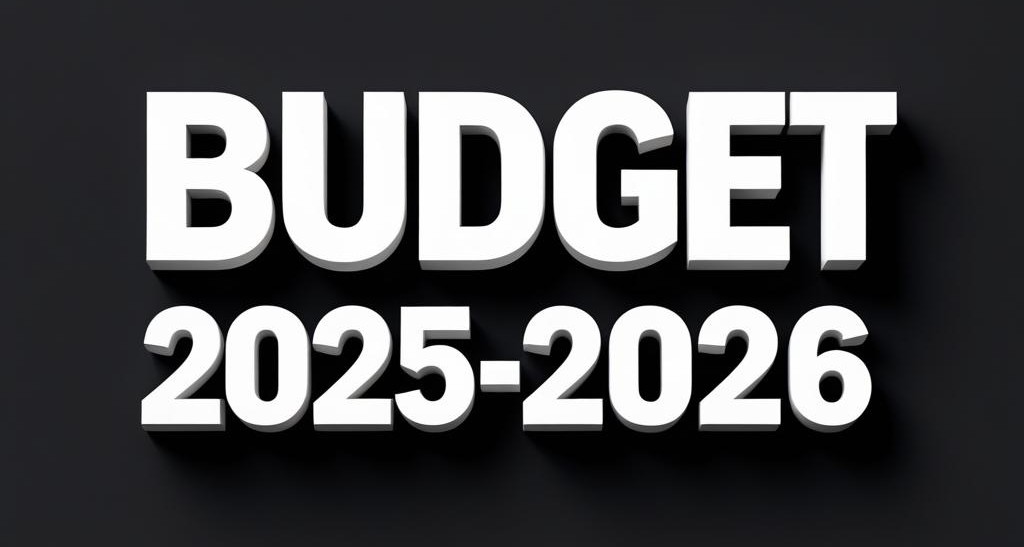FIJI’S public debt remains high at $11.7billion, nearly 80 per cent of GDP but Finance Minister Prof Biman Prasad has ruled out austerity measures, saying the Government would continue spending to safeguard the economy and stimulate long-term growth.
Responding to The Fiji Times question during the post-budget press conference, Prof Prasad said the 2025–2026 National Budget, despite its $886million planned deficit, was designed as a “deliberate” and necessary expansion.
“We have taken a very deliberate stance in raising our expenditure,” Prof Prasad said.
“Our nominal debt is $11.7b, but the most important measure of the sustainability of debt is the debt-to-GDP ratio.
“When we came into government, it was over 90 per cent. Now, in the shortest possible time, two years, we brought it down to around 75, 76 per cent.
“We are increasing the deficit from 3.5 per cent to 6 per cent … (but) 79.8 per cent is still lower than 80 per cent and 10 per cent lower than what it was two years ago.”
Prof Prasad said the budget was designed to respond to rising global uncertainty while investing heavily in critical areas of national development.
“This is probably one of the most uncertain global economic environments that we are going through.
“There has been no resolution on tariffs by the United States … so we have to anticipate our domestic response.”
The response, he explained, comes in two forms, providing additional support for citizens and ramping up capital works. Apart from debt, we still feel that our people need additional support, our civil servants, people in rural areas, our farmers, our pensioners. And so we have increased expenditure to provide additional support for them.”
He also defended the Government’s track record on revenue collection and fiscal reform.
“We were able to raise more revenue because we did the reform against the feeling amongst our people that we shouldn’t have done that.
“That has put us in a very, very strong position for this budget.
“If we had not taken those actions, if we had not created the fiscal space, we would not have been able to move in the way that we have done.”
Pointing to infrastructure upgrades, social protection increase and large-scale capital investments, including flood mitigation, roadworks on Vanua Levu and hospital repairs, Prof Prasad said the spending would have an economic multiplier effect.
“We are looking at about $5.8b worth of investment projects. We’ve never had this kind of interest in Fiji from overseas investors,” he said.
Despite revising the 2025 growth forecast slightly downward from 3.4 to 3.2 per cent, Prof Prasad remained positive.
“I’m very confident that, barring any very drastic international economic condition, we will be able to achieve higher than 3.4 per cent growth.”
He said rising investor confidence, improved tax compliance and low inflation had strengthened the macroeconomic outlook.
“The inflation rate for 2024 is 1.4 per cent compared with 5.1 per cent in 2023,” he said, citing Reserve Bank figures.
“For the first time in the last two budgets, we collected more revenue than forecasted.
“This government is doing a very honest, transparent budgeting process. We are confident that not only will we have a higher GDP growth, but that we will be able to reduce our debt-to-GDP ratio further than what’s been forecasted.”
He emphasised that slashing spending now would be economically damaging.
“No amount of expenditure cutting right now, given the demands of the people, given the infrastructure deficit, would be appropriate,” Prof Prasad said.
“We’re not talking about cutting one or two million, we’re talking about hundreds of millions.
“The only way a country can reduce its debt-to-GDP ratio is to raise revenue, increase employment, and look after our people through good economic growth.”
He said the Government’s national development plan targeted 5 per cent growth annually.
“Only then, in the next 10 to 12 years, will we be able to bring the debt-to-GDP ratio down to around 50 or 60 per cent,” he said.
“This budget is about doing the right thing, anticipating global shocks, helping our people, and laying the foundations for a stronger, more sustainable economy.”



